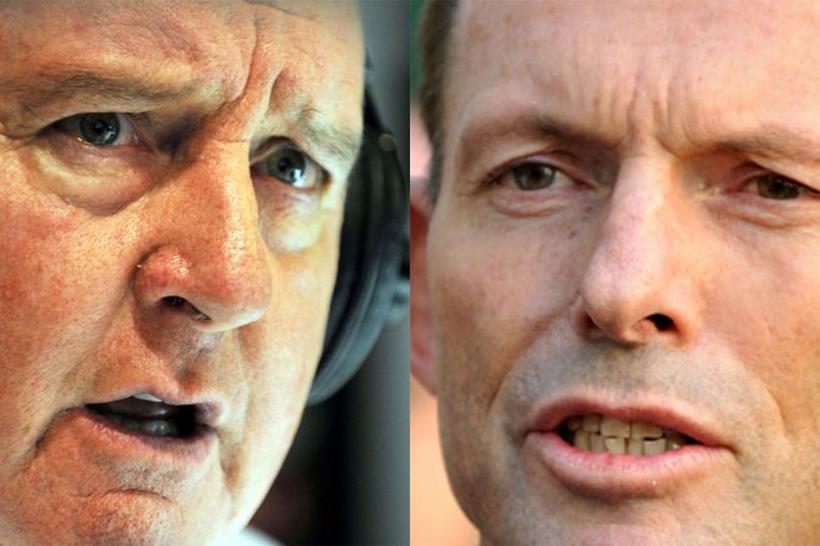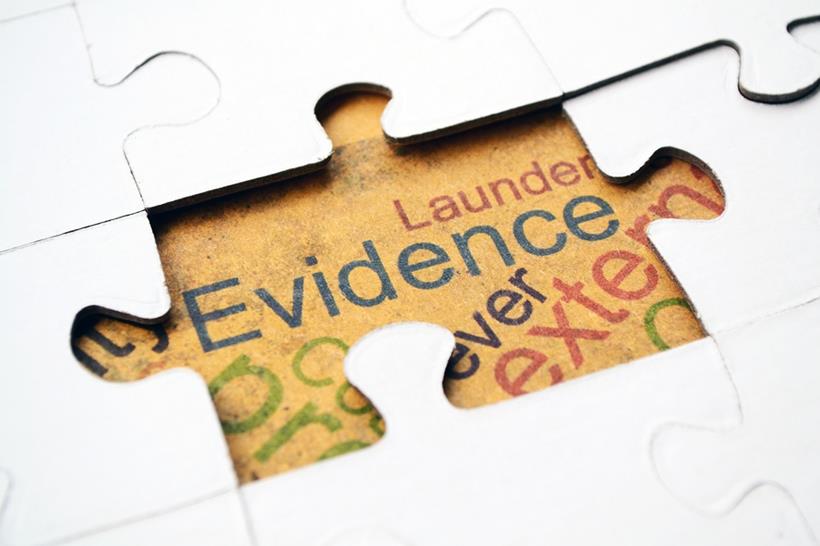
Revolutionary Change Required in Climate Responses
Greta Thunberg stripped away global leaders’ pretence to address the climate emergency, dismissing them as “blah, blah, blah”. In a speech to the Youth4Climate summit in Milan, Italy, she said, “Build back better. Blah, blah, blah. Green economy. Blah blah blah. Net-zero by 2050. Blah, blah, blah. This is all we hear from our so-called leaders. Words that sound great but so far have not led to action. Our hopes and ambitions drown in their empty promises.”
The Cop26 climate summit starts in Glasgow, UK, on 31 October. All the big-polluting countries are expected to deliver tougher pledges to cut emissions to keep the goal of 1.5C within reach.
Thunberg is not alone in her disdain, not for holding a meeting where science and economics join in assessing and evaluating the risks of climate change for the world and individual countries, but the blinding inaction that occurs after them.
In Australia, we have wasted forty years. Since the 1980’s when the first climate warnings began, through John Howard’s demand for special treatment in Kyoto, Gillard setting a carbon price and Abbott ditching it. Then Turnbull pushed the National Energy Guarantee, and Morrison dumped it. Australia has had ridden a rollercoaster of politically motivated lies and cowardice regarding climate change.
Worldwide there have been some better outcomes than in Australia. But still, it is not enough. As Greta says, there is too much “Blah, blah blah”.
For a revolutionary change, which is what addressing climate change has now become, a few elements in the response from COP26 must be present.
- Voice a powerful call for change;
- Work at speed; and
- Change the game.
A powerful call for change
In creating a powerful call for change, it must be clear who must change. It is clear from studies that the world’s general population is onside with change to prevent or reduce climate change. So, who needs to change? One can say ‘Governments’. But how do they have to change? What is the challenge to which they must respond? One can say the business community. How do they have to change?
Current beliefs of climate action versus inaction
According to Australia’s Climate Council, “Failing to rapidly cut emissions this decade is forecast to lead to exponential increases in the costs of climate change over multiple generations. One estimate puts global economic losses of failing to act at A$24.1 trillion per year by 2100. For Australia, the figure is A$129 billion per year.”
It also reports that in 2020, “Globally, extreme weather events battered many parts of the planet, from Siberia to the tropics.” In Australia, that included bushfires in which 21% of the eastern broad-leafed forests burned, compared to an annual average of 2%. About three billion animals were either killed or displaced by the fires. The Climate Council goes on to say, “The psychological damage that Australians suffered from this climate change-driven disaster was immense.”
A new report from Deloitte Access Economics revealed inaction on climate change will cost Australia a $3.4 trillion loss in GDP and result in 880,000 job losses by 2070.
The Business Council of Australia says, “We support the Paris Agreement and transitioning to net-zero emissions by 2050”.
In the last five years, the science of climate change has become clear. There is no doubt that without change in the emission levels of CO2 and other greenhouse gasses such as methane, the world will be a more dangerous, less hospitable place for humans.
In the last five years, the cost of inaction compared with action has become clear too. Deloitte commented that “If Australia were to take more action on climate change, it would add an estimated $680 billion to the economy and a 2.6% increase to the GDP by 2070. Not to mention 250,000 extra jobs.”
If the belief in the science of climate change and the need for change espoused by leaders of governments, business bodies and environmentalists alike, why is it that we have not had enough change since Paris? We seem to have the Powerful Call.
Work at Speed
As a world, we have shown we can work at speed with how we have dealt with COVID-19.
Change the Game
We have changed the game somewhat, using technology. The cost of many renewable energy technologies has fallen over the last decade or more.
What is missing is addressing the right problem. We have focused on the problem of reducing emissions like CO2 and CH4 (methane) by making it more attractive to use alternate technology at the business level and private citizen level. It is as if the only way we can act is through incentives.
Research into the use of incentives in the workplace show time and again how ineffective they are in driving change. We need to Change the Game regarding what problem we solve and how to best solve it.
In his article “COP26 or Cop Out”, Robert Hinkley hits the proverbial nail on the head. He advocates the use of legislation and regulation to ensure that Boards need to act in the interests of their shareholders but not exclusively. He says,” The duty of directors should be changed in all jurisdictions from simply acting in their company’s best interest to acting in their company’s best interest, but not at the expense of the environment.”
Hinkley is advocating to Change the Game by making the people directly responsible for most of the world’s greenhouse gas emissions to take responsibility for their decisions and accountability for the impact of those decisions on the world’s climate now and into the future.
His comment that “The existing duty of directors to act in their company’s best interests is too powerful for governments to overcome. Without balancing that duty with obligations to protect the environment, laws to affect these changes will never be enacted or, if enacted, will soon come under corporate attack calling for their repeal”, exposes the heart of the problem. Corporate practice must be the driver of change, not the willing efforts of private citizens, who have outperformed the corporate sector.






